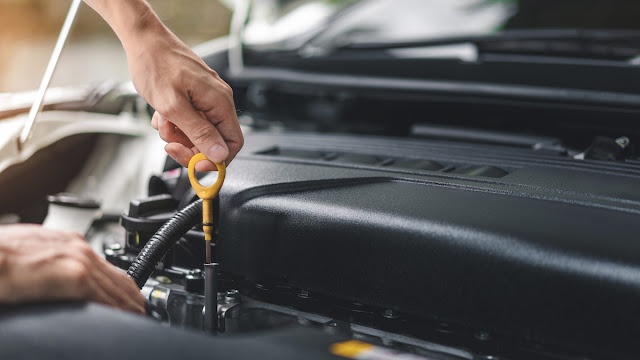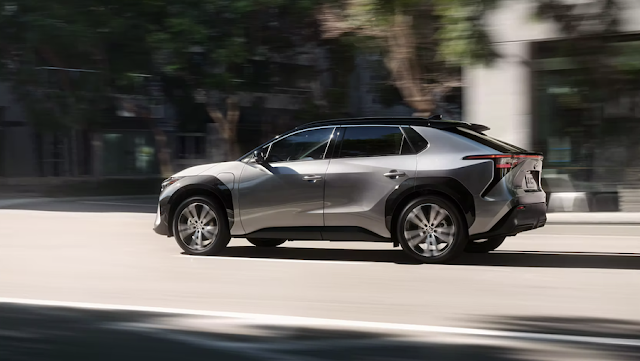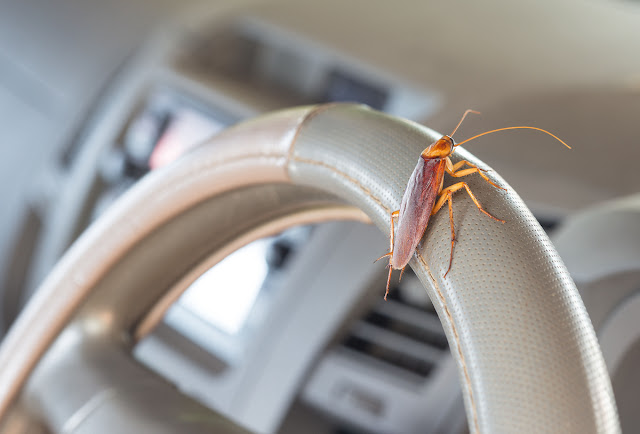If you've ever hit the road and then smelled something burning inside the cabin of your car, you know how stressful it can be. No one likes to smell that particular odor - no matter what's causing it specifically, you know that it's nothing good. Toyota of Orlando's car repair experts are here to help you figure out what's causing that burning smell in your car - read on!
Four burning smells and what they mean for your car
Burning carpet: A burning carpet smell usually indicates that something is up with your brakes. Typically, you'll smell this odor when your brake pads or rotors are overheating (especially if you smell it as you press the brake). Over time, this can prematurely wear your brake pads out as well as cause expensive damage to your rotors. The cause of this? You may have calipers that are sticking, or your brake pads may be too worn down and thin. Bring your car to our car repair center at Toyota of Orlando to have your brakes checked!
Burning oil: A smell that reeks of burning oil or smoke is probably just that - you could have an oil leak in your car, which is leaking onto the engine or other hot components and causing that terrible smell. Don't just ignore it; not only can an oil leak cause your engine to overheat, but other major problems, too. Leaking oil can damage the timing belt or crankshaft seal, and if it hits the exhaust, it can cause a fire. All in all, it could kill your engine, so get it addressed at Toyota of Orlando.
Burning rubber: If you smell burning rubber inside the cabin of your car, it's time to bring it to our Orlando car repair center. This odor indicates that you have an issue with something rubber under the hood. It could be a slipping engine belt or a hose that's touched something hot and is starting to melt. Whatever it is, it can do major damage to your engine if left unattended, so don't risk it. Let our techs take a look to see what the issue is.
Burning plastic: Burning plastic is a pretty alarming smell in its own right, but especially when you smell it inside your Orlando Toyota. This smell can indicate that you've got an issue with your car's wiring - the plastic insulation around it has worn down or been chewed off (mice love it). This means you have exposed wires under your hood, which could touch, cause a spark, and set a fire. However, before you come into Toyota of Orlando, pull over and ensure that you don't have a plastic bag stuck in your exhaust that's melting from the heat.
Let Toyota of Orlando take care of your car repairs today
Have questions about burning smells in your car? Call us today! Toyota of Orlando's car repair center is open seven days a week at (407) 298-0001 and we're conveniently located just off I-4 near the Millenia Mall at 3575 Vineland Road.







